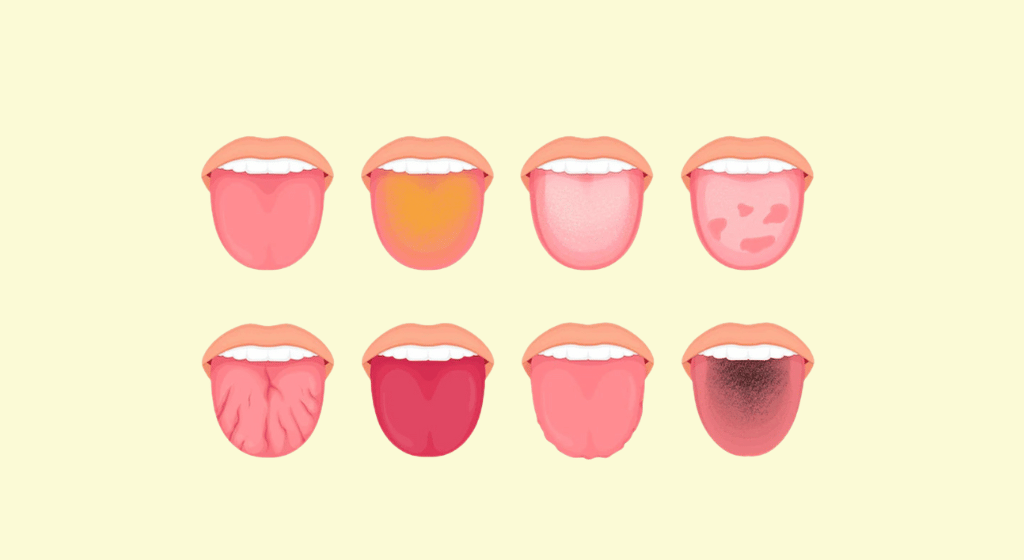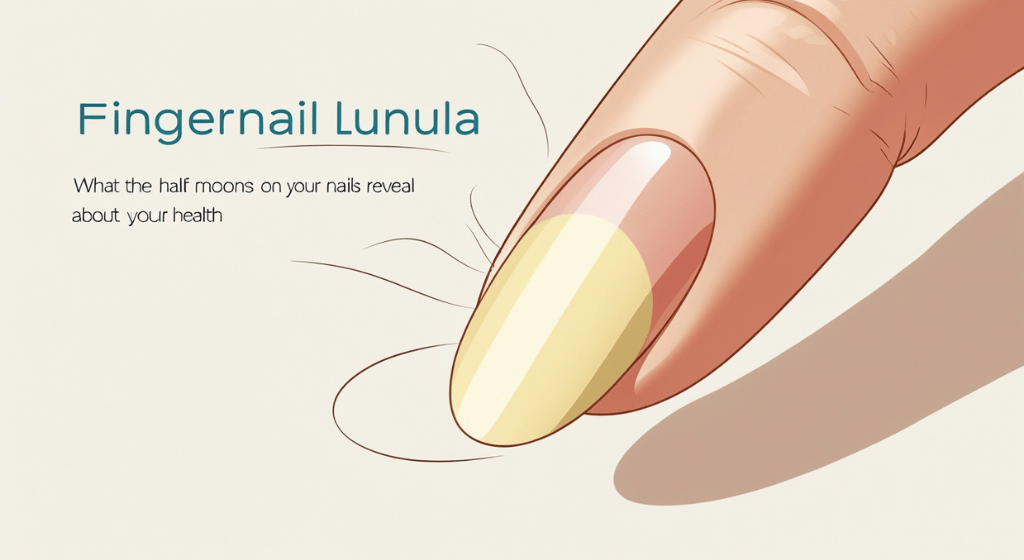What does your tongue say about your health?
While it is not precise to diagnose specific health conditions solely based on the appearance of the tongue, certain alterations or attributes in the tongue can offer insights into one’s overall health. Here are some general observations:
Color:
A healthy tongue typically exhibits a pink hue. Excessive redness may suggest a deficiency in specific vitamins or minerals, or it might indicate inflammation or infection. A white coating may signal dehydration, a fungal infection, or other issues. Yellow coloration could point to problems with the liver or gallbladder.
Coating:
A thick white coating might be indicative of oral thrush, a fungal infection. A yellowish coating could be associated with stomach or digestive problems.
Texture:
A bumpy or rough texture might signify irritation or inflammation, while a smooth and shiny surface could indicate a vitamin deficiency.
Swelling:
Swelling may be a sign of inflammation or an allergic reaction, and persistent swelling could hint at an underlying health problem.
Cracks or Sores:
Persistent sores or ulcers on the tongue may indicate various issues, including vitamin deficiencies, infections, or autoimmune diseases.
Changes in Size or Shape:
Alterations in tongue size or shape could be linked to certain medical conditions.
It’s essential to note that many of these indicators can be influenced by various factors, and a healthcare professional is best suited to interpret them in the context of your overall health. If you observe significant changes in your tongue or have health concerns, it is advisable to seek consultation with a healthcare provider for a thorough evaluation and diagnosis.



